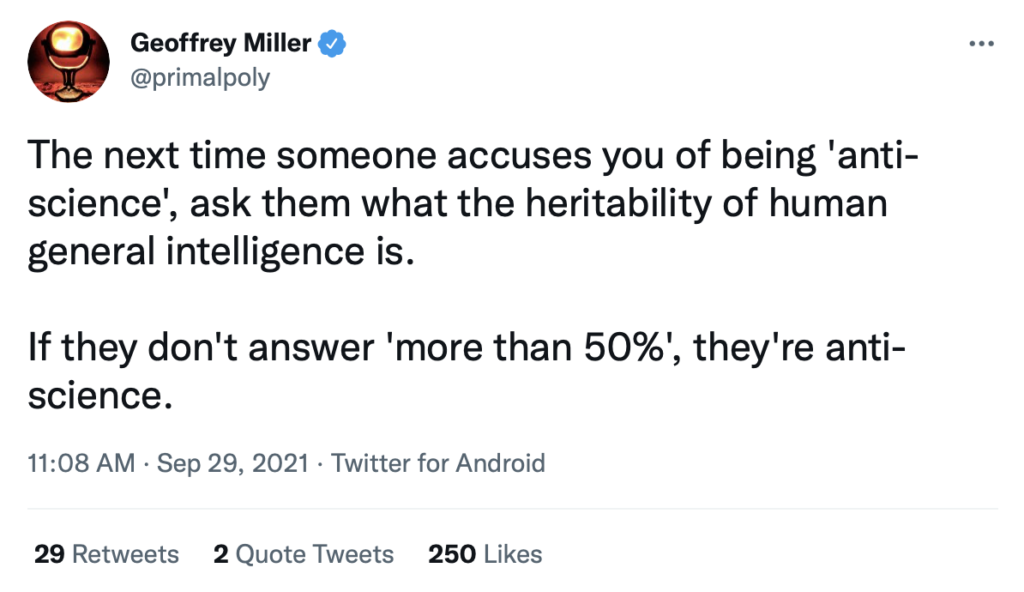The Best System for Determining What is True
I'm reading The Constitution of Knowledge by Jonathan Rauch (2021). Rauch has written an extraordinary book offering a detailed airtight case for why we need each other in order to determine what is true. We need a mediated social system in order to filter out the despots and crackpots, but who will mediate such a system? The incredible answer is no one in particular. The system powers the process, but the system cannot function in the absence of three prerequisites. The following passage sums up what we need to get the job done:
An epistemic regime—that is, a public system for adjudicating differences of belief and perception and for developing shared and warranted conclusions about truth—should provide three public goods.
First, knowledge. The system should be competent at distinguishing reality from non-reality, and at building on previous discoveries so that knowledge accumulates, thereby generating even more knowledge.
Second, freedom. The system should encourage rather than repress human autonomy, creativity, and empowerment. It should welcome and exploit human diversity, especially diversity of opinion, and it should not allow any person or faction to use force or intimidation to control what others say or believe.
Third, peace. The system should reward social conciliation, maximize the number of disagreements which are resolvable, and compartmentalize and marginalize disagreements when it cannot resolve them. It should inculcate intellectual values which abhor violence and bullying, and it should establish institutions and norms which tolerate and even embrace disagreement and doubt.
No one should expect any knowledge-producing system to be perfect, or close to it. Still, many centuries of history show that the liberal system—the reality-based community—comes closer to perfection than any other human social invention.
Next, we need two rules (p. 89):
The fallibilist rule: Ho one gets the final say. You may claim that a statement is established as knowledge only if it can be debunked, in principle, and onlyinsofar as it withstands attempts to debunk it. That is, you are entitled to claim that a statement is objectively true only insofar as it is both checkable and has stood up to checking, and not otherwise. In practice, of course, determining whether a particular statement stands up to checking is sometimes hard, and we have to argue about it. But what counts is the way the rule directs us to behave: you must assume your own and everyone else’sfallibility and you must hunt for your own and others’errors, even if you are confident you are right. Otherwise, you are not reality-based. The Constitution of Knowledge
The empirical rule: No one has personal authority. You may claim that a statement has been established as knowledge only insofar as the method used to check it gives the same result regardless of the identity of the checker, and regardless of the source of the statement. Whatever you do to check a proposition must be something that anyone can do, at least in principle, and get the same result. Also, no one proposing a hypothesis gets a free pass simply because of who she is or what group she belongs to. Who you are does not count; the rules apply to everybody and persons are interchangeable. If your method is valid only for you or your affinity group or people who believe as you do, then you are not reality-based.

